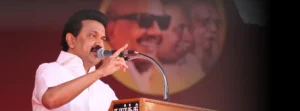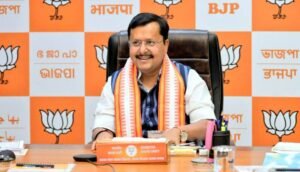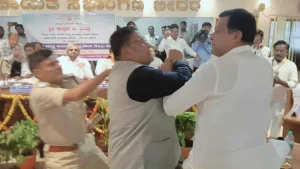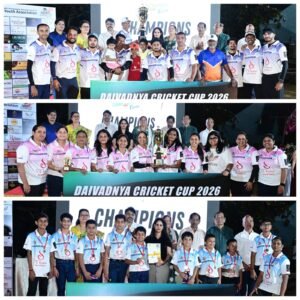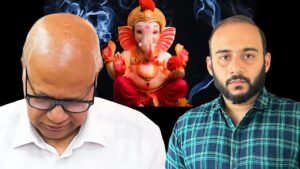WB Urdu Academy Faces Flak Over Javed Akhtar Event Postponement
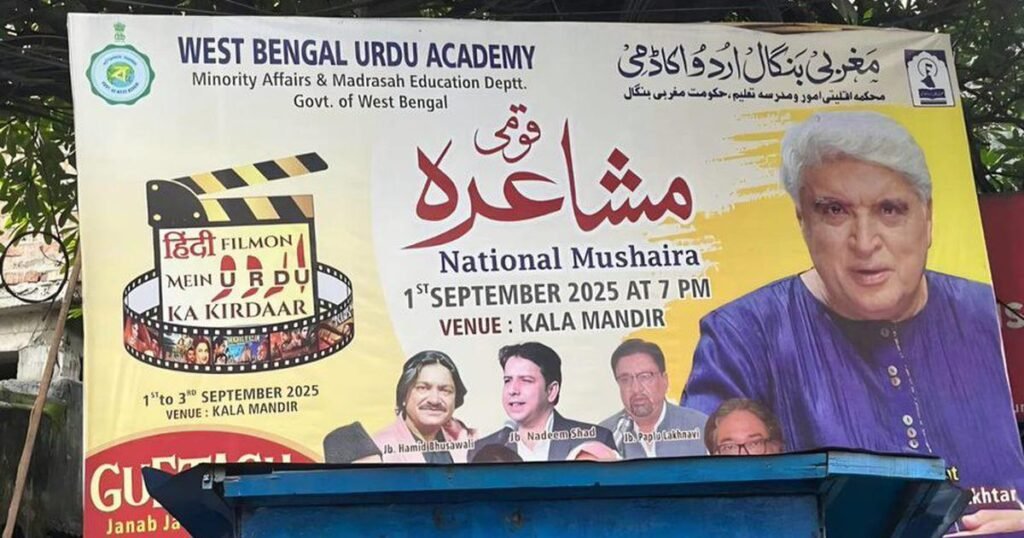
Kolkata: The West Bengal Urdu Academy has indefinitely postponed a mushaira, featuring celebrated poet, lyricist, and screenwriter Javed Akhtar, following protests from religious groups who objected to his participation, alleging his past remarks hurt their sentiments. Despite Academy officials citing “unavoidable circumstances,” insiders assert the event is unlikely to be rescheduled, especially with state assembly elections approaching next year.
Protests and Political Overtones
Members of religious outfits such as the Wahyain Foundation raised objections to Akhtar’s atheistic stances and criticism of religious orthodoxy. A leader from the group stated they did not issue threats but suggested inviting Akhtar to a debate on “Does God Exist?” Academy representatives, speaking anonymously, confirmed the postponement—citing election-related sensitivities that may spark controversy.
Akhtar, meanwhile, described the cancellation as “unfortunate,” challenging the reasoning and calling attention to the chilling effect such actions could have on cultural discourse.
Naseeruddin Shah Lashes Out, Urges Reconsideration
Veteran actor and writer Naseeruddin Shah, in an opinion piece titled “Whose Urdu Is It Anyway?”, strongly criticized the Academy’s decision, warning that it undermines the pluralistic essence of Urdu. He highlighted Akhtar’s famous assertion that “Languages belong to regions, not to religions,” and accused the Academy of “shooting itself in the foot” by reinforcing the perception of Urdu as belonging solely to Muslims.
Shah underscored that Akhtar’s atheism and outspoken criticism of religious extremism were well-known and hardly unprecedented raising the question of how such an invitation was extended in the first place. He argued that Urdu’s cultural history is rich with diverse contributors from Munshi Premchand to Manto, Gulzar to Jagan Nath Azad, and should not be confined by religious identities.
A Broader Context: Urdu’s Shared Heritage
This dispute has reignited longstanding debates about Urdu’s identity and ownership. Literary historian Dr. Rakhshanda Jalil, in her anthology Whose Urdu Is It Anyway?, presents stories by non-Muslim writers, including Gulzar, Krishan Chander, and Rajinder Singh Bedi, to reclaim Urdu as a multi-faith, pan-Indian language. Jalil asserts that Urdu evolved through centuries of cultural exchange and defies narrow religious categorization.
What Lies Ahead
Critics warn that canceling such events may deter both learners and enthusiasts of Urdu, reinforcing a misguided belief that “it’s their language after all.” Shah questioned whether only believers should be allowed to contribute to a literary tradition, invoking provocative comparisons to Bertrand Russell or Ghalib to illustrate the danger of censorship entwined with dogma.
As cultural voices continue to call for linguistic inclusivity and urge the Academy to reverse course, the controversy underscores broader anxieties around intellectual freedom and cultural pluralism, especially in politically charged times.

